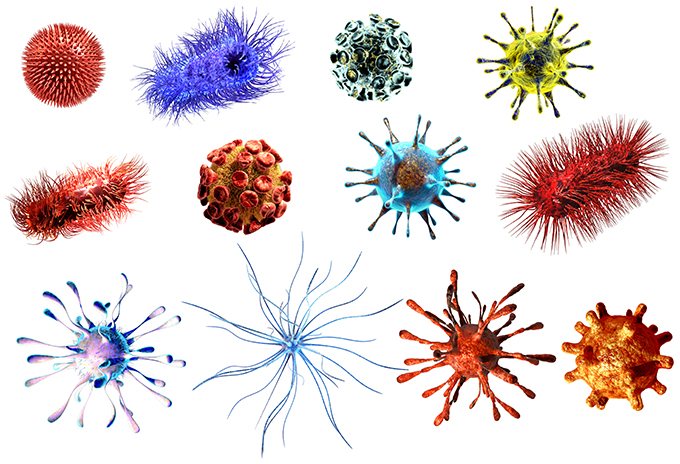The Importance of Hand Washing
Some benefits of keeping good hygiene and having your hands washed are as follows:
- It significantly reduces any incidences of diarrhea but almost 50%
- It decreases the rate of respiratory infections
- It minimizes the chances of getting eye infections, skin diseases, and other parasitic intestinal infections like ascariasis or trichuriasis.

Here are a couple of examples of when the best time to wash your hands are:
- Before, during and after eating or preparing food
- Before and after caring for someone in your home who is feeling under the weather
- Before and after treating a cut or wound
- After using the toilet or restroom
- After tending to a child’s needs in the bathroom
- After sneezing, coughing into your hand, or blowing your nose
- After coming in contact with an animal, animal feces, or animal food
- After touching any garbage or unknown substances
Want to make sure you’re cleaning in the most effective way possible? Follow these pointers:
1. Wet your hands with clean water, then turn off the tap and apply soap/foam to your hands.
2. Rub your hands together until they lather. Rub the soap/foam on the back of your hands, palms, between your fingers, and under your nails. Make sure you get all the nooks and crannies!
3. Rub your hands for at least 20 seconds. A good rule of thumb is to sing “Happy Birthday” twice and by the time you’re done, you have washed enough and your hands are ready for the next step.
4. Rinse your hands with clean water.
5. Dry your hands with a hand dryer or a clean wipe to ensure you’re left with super clean hands. Clearly, it is essential for hands to be completely dried at the end of this process. Think of it like a car-wash: if it’s nicely washed and then it begins to rain, there is a big chance dirt will stick on quicker to the surface.
If you’re not sure whether your hands call for a full-on wash or some hand sanitizer, here are a couple of points to keep in mind when you have the latter.
- Use hand sanitizer when hands aren’t obviously dirty. It’s faster, more effective and better tolerated by the hands than washing them with soap and water. The antiseptics in the hand sanitizer remove a greater number of microorganisms depending on the alcohol content it carries. With this being said, keep in mind that your hand sanitizer should be made up of at least 60% alcohol for maximum cleanliness.
- It’d be best to wash your hands with soap and water when they are visibly dirty; stained with blood or soiled with other body fluids; after using the toilet; or when you feel they’ve been exposed to potential spore-forming pathogens.
In short, hand washing is the fastest, easiest and most effective way of preventing diseases caused by bacteria, viruses, and parasites alike but in order for this to be effective, it has to be for a minimum of 20 seconds long. As we also learned, hand sanitizers can also be used for a quick pick-me-up when hands are not noticeably dirty… and the best part is that they make hand sanitizers mini-sized so they can be kept in your car, office, or personal bag for easy access. It should be noted that for medical personnel, hand washing has become not only a habit, but a necessity for ensuring optimal hygiene to treat the population. At the end of the day, we take vitamins and supplements to keep our bodies healthy, but something as simple as practicing preventative care and washing hands could very well play a big part in keeping you away from viruses and diseases that inevitably stay on the surfaces we come into contact on a daily basis.
Main sources:
Ministerio de Sanidad, consumo y bienestar social https://www.seguridaddelpaciente.es/es/practicas-seguras/programa-higiene-manos/diez-preguntas-clave-sobre-higiene-manos/
CDC- Centers for Disease Control and Prevention https://www.cdc.gov/handwashing/esp/show-me-the-science-handwashing.html
OMS. Organización mundial de la salud https://www.who.int/gpsc/tools/Five_moments/es/















